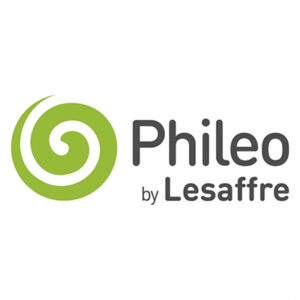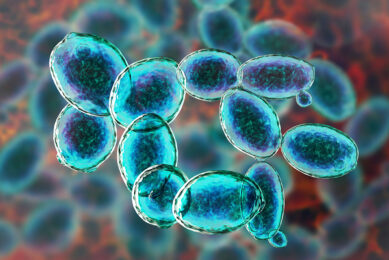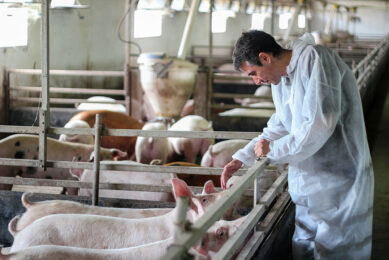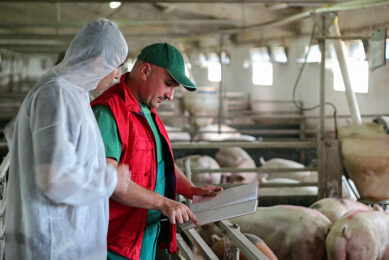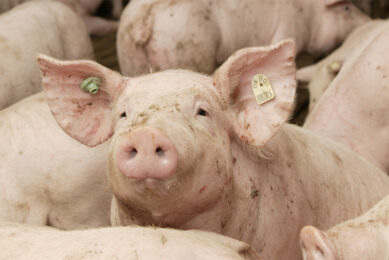Yeast solutions working together to replace ZnO
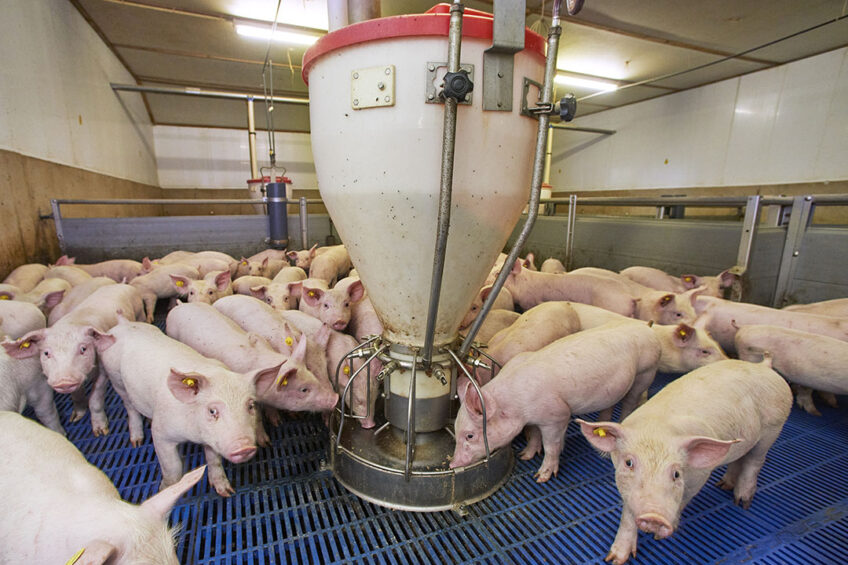
It is often said that the solution to getting piglets through weaning without zinc oxide will be a multifactorial approach. Even within piglet nutrition, several strategies can work in complement. A combination of yeast additives can be a powerful tool, as research shows that they reinforce each other.
Weaning pigs without using zinc oxide (ZnO) is already starting to yield positive benefits for producers in response to a renewed on-farm commitment to stock management and nutrition.
Understanding why ZnO has played such a major role in weaning processes in recent years and addressing the challenge of finding fresh and healthy alternatives is helping many farmers to achieve results which are every bit as good as in the past and, in some cases, markedly better. The fact that EU legislation has closed off any prospect of a return to ZnO-based weaning has also ensured that producers are moving forward from this point rather than being tempted to keep a treatment safety net in reserve.
Embracing the world without ZnO
Embracing the new world of ZnO-free farming begins with a thorough understanding of the microbiome development of young piglets and how this affects their ability to cope with the stress of changing diets and weaning.
Left alone, bacteria in the gut of young piglets compete for available space and nutrients, leading to a range of digestive disorders such as diarrhoea. That sets off a chain reaction which depresses feed intake, ultimately causing poor health and negative performance.
Piglets are protected immediately after birth by immunity based on colostrum provided by the sow. This declines over time, however, often leaving piglets with an immunity gap at about 3 to 4 weeks of age, exactly the time when many are weaned.
In the past, such factors were countered by including ZnO in piglet diets, an approach designed to create robust gut condition. The task now is to infuse the guts of young piglets with high concentrations of beneficial bacteria, thereby reducing their sensitivity to stress and digestive disorders, and to do so in a thoroughly natural and non-medicated manner.
Before progressing deeper into the care and protection of the gut status of young piglets, it is worth noting that creating a healthy microbial balance in piglets starts in the sow. Influencing a sow’s microbiome has been shown to have a strong impact on the microbial composition of her offspring.
In addition to paying increased attention to the microbiome of young piglets, it is also important to reduce pathogen pressures within weaners. The spreading of pathogens through a herd, by way of bacterial shedding, can easily affect piglet health and performance. The lowering of pathogen pressure, however, results in fewer health problems and better performance.
Enhancing feed intake in piglets is also important as a means of stimulating good gut development and increasing their life-time performance.
Yeast-based solutions
To achieve strong health and growth improvements without relying on the previous shortcut use of ZnO, researchers at Phileo by Lesaffre have explored the impact of supplementing piglet diets with several yeast-based solutions. Their work has focused specifically on a yeast probiotic (Actisaf), a yeast postbiotic (Safmannan) and a pure yeast extract (Prosaf). Used both separately and in combination, these 3 supplements have helped to deliver performance levels in piglets which compare positively with results previously achieved in response to high ZnO usage. In addition, no extra antibiotics or other treatments have been required during the rearing period.
Combined alternative supplement
Starting with the yeast probiotic and the yeast postbiotic, a synthesis of results from 3 Europe-based trials showed virtually equal average daily gain (ADG) results between piglets on a ZnO regime and those given the 2 yeasts as a combined alternative supplement.
After a 6-week trial carried out in Denmark in 2020, differences in the development of ADG were observed; however, producers may need to be patient with the new diet approach. For the first 2 weeks after weaning, the ZnO group slightly outperformed the yeast group, followed by 2 weeks of equal performance, before weeks 5 and 6 saw the yeast-supplemented piglets taking a significant lead in ADG. At the end of the 6 weeks, the yeast-supplemented piglets were 225g/day ahead of the ZnO piglets.
Values represent ADG gain
While the European trials showed that they clearly work positively together, it is also important to appreciate the individual roles being played by the 2 yeasts.
The prime function of the yeast probiotic, for example, is to improve the microbiome, a process which starts immediately after supplementation, but which takes time to be observed. While waiting for the full impact of the supplement to take effect, it is important to help piglets cope with the risk that certain pathogens may cause health issues during the early weaning period. This is where the yeast postbiotic comes in, acting as a form of “magnet” for bacteria like Escherichia coli and Salmonella species. Such bacteria are rendered harmless once they are bound to the premium yeast fraction, enabling them to be excreted in the faeces.
The use of the yeast probiotic as a dietary supplement has also been shown to be valuable in relation to sows, helping to produce a strong increase of beneficial microbes in their offspring, as was already shown by the French National Institute for Agricultural Research (INRA) in 2002.
The role of the pure yeast extract, meanwhile, is important as a dietary consideration for use with piglets just before and after weaning as a boost to feed intake. This is an issue which is often linked to disrupted gut development at weaning, creating opportunities for potential pathogens to damage piglet health and performance.
As a pure yeast extract it has a high concentration of crude protein and is highly digestible due to its small sized peptides. Those are qualities which help to enhance weaner diets in relation to protein digestibility, fibre content and palatability.
A synthesis of trials which compared piglets on a basal diet with piglets fed the basal diet plus this pure yeast extract showed marked benefits for the yeast group, which recorded a 39g/head advantage in ADG over the basal group and a 16g/head advantage in Average Daily Feed Intake (ADFI).
Helping pig producers
The company has drawn on evidence from trials carried out over the last 5 years in Denmark, France, Brazil, the Netherlands and Hungary, in devising its “Program Zero ZnO”. The programme helps pig producers move away from their former dependence on ZnO without suffering any loss of piglet health or performance. The core pillars of the programme are modifying the microbiome, reducing pathogen pressure and enhancing feed intake.
The programme also highlights the success being made in reducing the need for pharmaceuticals and antibiotics to improve piglet performance under modern post-ZnO weaning regimes.


